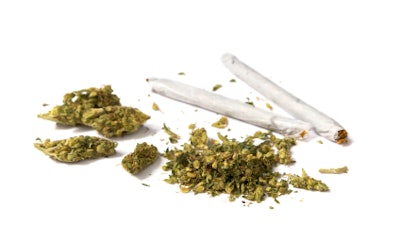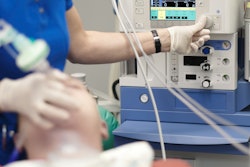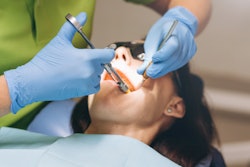
Anesthesia medication dosage requirements may not need to be changed for regular marijuana users undergoing oral and maxillofacial surgery. The abstract was recently published in the Journal of Oral and Maxillofacial Surgery.
Although patients who regularly used marijuana needed higher doses of Versed and propofol, the change was insignificant after adjusting for patient weight and the length of the procedure performed, the authors wrote.
“Having a history of marijuana use has no effect on the dosage requirement of the anesthetic agents used for these patients,” wrote the authors, led by Dr. Paul Addamo of the Kings County Hospital Center in Bayside, NY, (J Oral Maxillofac Surg, September 5, 2023, Vol. 81:9, S66-S67).
As more U.S. states have legalized medical and recreational marijuana, use has increased. In November 2022, the ADA released survey results showing that about half of dentists in the U.S. have patients who arrive at dental appointments high on marijuana or other drugs. Since some research has shown that cannabis use may affect a patient’s anesthesia needs, organized dentistry recommends that dentists discuss marijuana use with patients during dental visits.
To investigate how marijuana affects anesthetic dosage for dental procedures, the authors conducted a retrospective cohort study that included 59 patients who underwent sedation between October and December 2022. Of the patients, 12 had a history of marijuana use and 47 patients did not. A statistical analysis was then conducted, according to the abstract.
For Versed, the mean dose given to patients who didn’t use marijuana was 3.40 mg and 4.42 mg for those who did use cannabis. In the marijuana users, the mean dose for fentanyl was 60.42 mcg, while it was 61.70 mcg in nonusers. The mean dose of propofol was 49.68 mg for those with no history of marijuana and 69.17 mg for patients who used marijuana, the authors wrote.
“Although, the doses of versed and propofol were higher for patients with a history of marijuana, after controlling for weight and length of procedure, the P-value is .160 which is non-significant,” Addamo et al wrote.



















